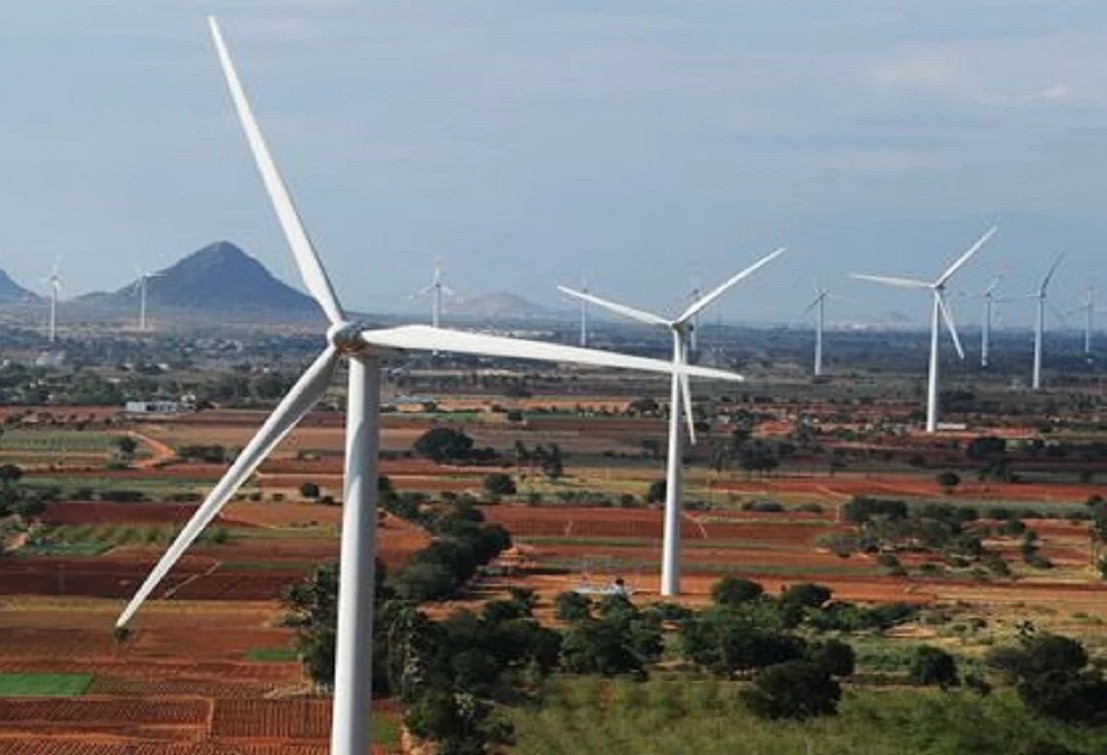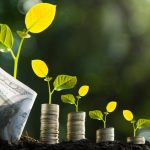Danish energy company Ørsted has become the first energy company in the world to reduce its carbon emissions by over 98% compared to its 2006 baseline.
This success sees renewable sources now account for 99% of the company’s energy production, a landmark in green transformation.
Engineering the green pivot:
The company has met its stringent, science-based 2025 decarbonization target. It has fulfilled a decade-long strategy to transform from one of Europe’s most fossil-fuel-intensive utilities into a global market leader in offshore wind.
The shift has brought the company’s Scope 1 and 2 emissions intensity down by more than 98%—a key metric for operational climate impact. Ørsted achieved this goal through a combination of deliberate, high-impact strategic actions across its entire portfolio, including the deployment of 18.5 GW of offshore wind power and other renewable energy sources, as well as the systematic closure of all its coal-fired power plants.
“Decarbonization is at the heart of Ørsted. With a 99% renewable energy share and 98% emissions reduction in line with science, we’re pleased to share that Ørsted’s green transformation is effectively complete,” said Ingrid Reumert, Senior Vice President, Global Stakeholder Relations, Ørsted.
Hydrogen & decarbonization: the next frontier
With its core operational emissions (Scope 1 and 2) largely resolved, Ørsted is now focusing on the next complex challenge. The company aims to cut emissions across its full value chain (Scope 1-3) towards its 2040 net-zero target.
The company’s established net-zero roadmap includes collaborative efforts to decarbonize high-emission inputs across its entire supply chain. This involves working with partners to tackle “hard-to-abate” emissions, specifically targeting materials and logistics:
Heavy Industry: Focusing on the embedded carbon in critical materials like steel and copper used in turbine manufacturing.
Maritime Fuels: Driving the adoption of green fuels (potentially green hydrogen or e-fuels) for vessels used in the transport and servicing of its offshore assets.
Pharma & Food: The Supply Chain Challenge
Although Ørsted is an energy company, its net-zero focus on Scope 3 emissions has implications for all sectors, including pharma and food, which rely on energy-intensive manufacturing. Ørsted’s success in demanding green energy from its own suppliers sets a precedent for how these sectors must manage their indirect emissions.
A call for predictability at COP30:
Ørsted’s announcement is timed to amplify the urgent need for action at the COP30 summit. Reumert underscored the role of governments in enabling further private sector investment.
“This COP is about action. Rapid electrification through renewables is key to meeting climate targets,” she said. “But to scale technologies such as offshore wind, governments need to provide predictability, attractive frameworks, and certainty. In return, industry can unlock the investments needed to meet governments’ climate targets and help shape a clean, secure, and affordable energy future.”












